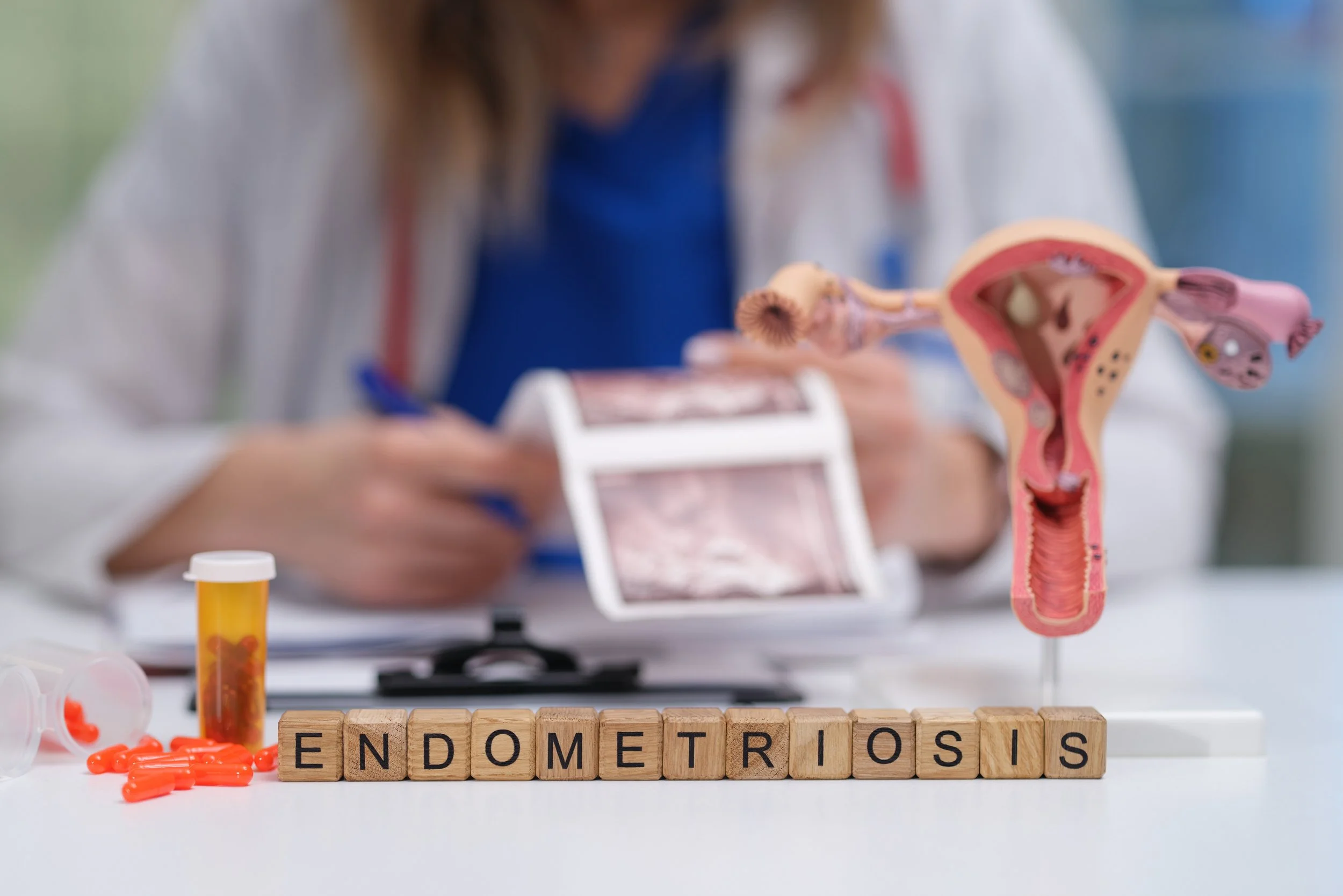Endometriosis Surgery
Targeted Relief from Pain, with a Focus on Fertility and Quality of Life
Endometriosis affects 1 in 10 women and can cause chronic pelvic pain, painful periods, bowel or bladder symptoms, and difficulties with fertility. While medical management helps many women, surgery may be needed to remove endometrial deposits and restore normal anatomy. Dr. Affie Tourani offers advanced laparoscopic (keyhole) surgery for endometriosis with a patient-first, fertility-conscious approach.
When Is Surgery Recommended?
Surgery may be suggested if:
You have persistent or severe symptoms despite medication
There’s suspicion of deep or advanced endometriosis
You have an ovarian endometrioma (endometriosis cyst)
Fertility is affected and you wish to conceive
You want a clear diagnosis or wish to avoid long-term hormone use
Laparoscopic Excision of Endometriosis
Dr. Tourani performs laparoscopic excision surgery, which involves:
Carefully identifying all visible endometriosis lesions
Removing (not just burning) the affected tissue to reduce recurrence
Releasing adhesions to restore normal organ movement
Preserving healthy ovarian and reproductive tissue whenever possible
This technique is considered the gold standard in surgical treatment and is especially important for fertility preservation.
Compassionate, Skilled Surgical Care
Dr. Affie Tourani understands how disruptive endometriosis can be. Her surgical approach is meticulous and fertility-aware, aiming to provide long-term relief and improved quality of life. She works in collaboration with pain specialists, fertility experts, and pelvic physiotherapists when needed to offer a comprehensive plan for healing and future wellbeing.
Recovery and Long-Term Care
Most women recover from laparoscopy within 1–2 weeks
Pain relief, bowel care, and rest are important post-op
Hormonal suppression may be offered afterward to prevent recurrence
Follow-up includes ongoing symptom management and fertility planning

